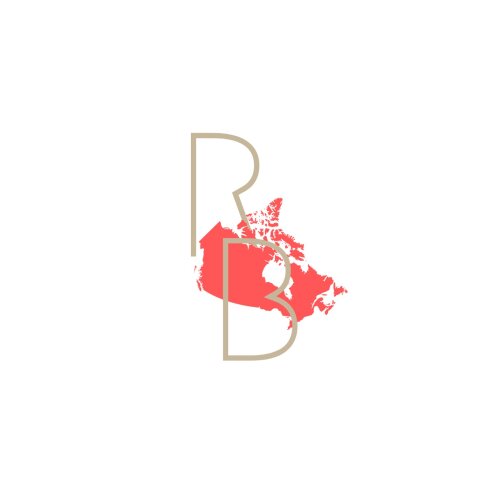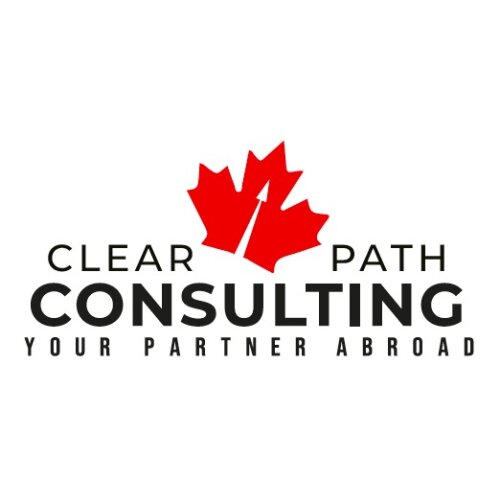Best Asylum Lawyers in Morocco
Share your needs with us, get contacted by law firms.
Free. Takes 2 min.
Or refine your search by selecting a city:
List of the best lawyers in Morocco
About Asylum Law in Morocco
Asylum law in Morocco is governed by international conventions and national legislation aimed at protecting individuals who are fleeing persecution in their home countries. Morocco is a signatory to the 1951 Refugee Convention and the 1967 Protocol, providing a legal framework for the granting of asylum to those in need. The Moroccan government, in cooperation with international organizations such as the United Nations High Commissioner for Refugees (UNHCR), handles asylum applications and ensures the rights of refugees are respected.
Why You May Need a Lawyer
Seeking asylum can be a complex process, and there are several situations where legal assistance might be necessary:
- Filing an asylum application, which requires understanding the legal criteria and preparing documentation.
- Facing a rejection of an asylum claim, where you may need to appeal the decision.
- Navigating legal proceedings or interviews conducted by authorities.
- Understanding your rights and obligations as an asylum seeker in Morocco.
- Accessing services such as housing, education, and healthcare while awaiting a decision.
Local Laws Overview
Morocco's approach to asylum is shaped by both international obligations and domestic policies. Key aspects of local laws relevant to asylum include:
- Recognition of refugee status under the 1951 Refugee Convention.
- Protection against refoulement, ensuring that refugees are not returned to a country where they face serious threats to their life or freedom.
- Provision of temporary documentation that allows asylum seekers certain rights, including work rights and access to basic services.
- Processes for appealing denied asylum claims.
Frequently Asked Questions
What is the process for seeking asylum in Morocco?
Individuals must submit an application through the UNHCR or relevant Moroccan authorities. This involves interviews and the provision of evidence supporting the claim of persecution.
How long does the asylum process take in Morocco?
The duration varies depending on the complexity of the case and the backlog of applications. Some cases might be resolved in months, while others take longer.
Can asylum seekers work in Morocco?
Asylum seekers are usually issued documentation allowing them limited rights to work in Morocco while their application is processed.
What happens if my asylum application is denied?
If an application is denied, you may have the right to appeal the decision. It is advisable to seek legal counsel during this process.
Are family members included in my asylum application?
Family members are usually included in the application, but specific documentation may be required to clarify familial relationships.
How does Morocco ensure the protection of asylum seekers?
Morocco adheres to international conventions ensuring the safety and dignity of asylum seekers, though support from international organizations assists in implementation.
What rights do refugees have in Morocco?
Recognized refugees have the right to work, access education and healthcare, and reside legally in Morocco.
Can an asylum seeker be detained in Morocco?
Detainment might occur if there are legal violations, but international and local laws provide protections against unlawful detention.
What evidence is required to support an asylum claim?
Evidence can include personal testimonies, official documents, medical reports, and any other information that supports the claim of persecution.
Is asylum in Morocco permanent?
Refugee status can be granted on a permanent basis, but it may also be subject to periodic review depending on changes in the individual's circumstances or conditions in their home country.
Additional Resources
For those seeking additional information and support, the following resources can be helpful:
- UNHCR Morocco: Offers guidance and support for asylum seekers and refugees.
- Ministry of Foreign Affairs and International Cooperation: Oversees immigration and refugee matters.
- Local NGOs and International Organizations: Provide legal aid, advocacy, and services to asylum seekers.
Next Steps
If you need legal assistance in asylum matters, consider the following steps:
- Reach out to legal aid clinics or organizations specializing in refugee law.
- Consult with lawyers who have experience in international human rights and asylum cases.
- Gather all necessary documentation and evidence to support your case.
- Prepare for interviews or legal proceedings with the help of a legal advisor.
Remember, seeking asylum is a legal right, and there are resources and professionals available to assist you through the process.
Lawzana helps you find the best lawyers and law firms in Morocco through a curated and pre-screened list of qualified legal professionals. Our platform offers rankings and detailed profiles of attorneys and law firms, allowing you to compare based on practice areas, including Asylum, experience, and client feedback.
Each profile includes a description of the firm's areas of practice, client reviews, team members and partners, year of establishment, spoken languages, office locations, contact information, social media presence, and any published articles or resources. Most firms on our platform speak English and are experienced in both local and international legal matters.
Get a quote from top-rated law firms in Morocco — quickly, securely, and without unnecessary hassle.
Disclaimer:
The information provided on this page is for general informational purposes only and does not constitute legal advice. While we strive to ensure the accuracy and relevance of the content, legal information may change over time, and interpretations of the law can vary. You should always consult with a qualified legal professional for advice specific to your situation.
We disclaim all liability for actions taken or not taken based on the content of this page. If you believe any information is incorrect or outdated, please contact us, and we will review and update it where appropriate.
Browse asylum law firms by city in Morocco
Refine your search by selecting a city.













